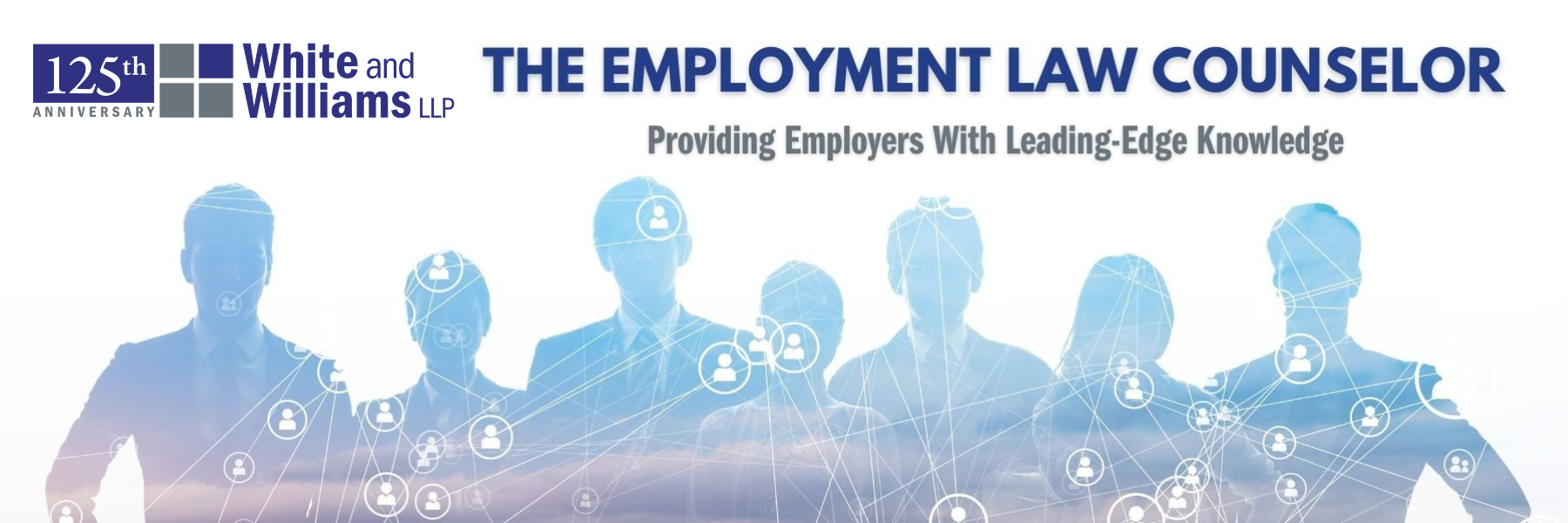The General Counsel for the National Labor Relations Board (“Board’) issued a Memorandum on May 30th delineating her position that noncompete agreements interfere with an employee’s rights under Section 7 of the National Labor Relations Act (“Act”), and therefore an employer violates the Act by requiring an employee to sign one. The General Counsel is responsible for the prosecution of unfair labor practice cases and for the supervision of the NLRB field offices in their processing of cases. This is a huge development, and ultimately it will be up to the Board to decide whether to accept the General Counsel’s reasoning.
Not so coincidentally, Memorandum GC-23-08,1 comes merely five months after the Federal Trade Commission, an unrelated federal agency, sued to force three companies to drop noncompete restrictions imposed on many of their workers because the restrictions allegedly harm both workers and competing businesses by impairing “workers’ chances at securing higher wages and preventing businesses from being able to compete”, according to the FTC Chair.2
The General Counsel’s Memorandum is premised on the legal proposition that it is a violation of the Act to interfere, restrain or coerce employees in their Section 7 rights. Section 7 of the Act guarantees employees “the right to self-organization, to form, join, or assist labor organizations, to bargain collectively through representatives of their own choosing, and to engage in other concerted activities for the purpose of collective bargaining or other mutual aid or protection,” as well as the right “to refrain from any or all such activities.”
Based on Section 7, the General Counsel argues that an overbroad non-compete agreement “tends to chill employees in the exercise of their Section 7 rights.” For example, an employee threatening to resign or obtain employment with a competitor because of poor working conditions may be fearful of doing so because of the restrictions contained in an agreement. Non-compete agreements may also chill employees from planning to solicit co-workers to join the employee and work for a competitor. In sum, such overbroad non-compete agreements “effectively limit employees from the kind of mobility required to be able to engage in some particular forms of (Section 7) activity, such as union organizing.” Any such anti-competitive provision must be narrowly tailored to special circumstances to be enforceable under this guidance. For employers in states where non-compete agreements are unenforceable, the General Counsel also considers such agreements likely unenforceable.
Thankfully, not all non-compete agreements will be subject to the rigorous scrutiny that the General Counsel promises an employer in its strategy to have a competitive edge through these agreements. Provisions that prohibit employees from a manager or owner of a competitor are generally safe because the Act does not cover such workers. In addition, an employer’s legitimate business interest in protecting proprietary or trade secret information can properly be protected by a narrowly tailored agreement.
The General Counsel’s Memorandum continues a trend by scrutinizing employers’ agreements with its employees. In February of this year, the Board decided in McLaren Macomb that non-disparagement and confidentiality provisions in severance agreements also may chill employees in the exercise of their rights and therefore violate Section 7 of the Act. Time will tell if the Board will agree with the General Counsel and further invade the employers’ space of contractual arrangements with employees.
If you have questions or would like additional information, please contact John Baker (bakerj@whiteandwilliams.com; 610.782.4913) or any other member of the Labor and Employment Practice Group.
For more developments on labor and employment, head to The Employment Law Counselor blog.
[1] Non-Compete Agreements that Violate the National Labor Relations Act
[2] FTC Proposes Rule to Ban Noncompete Clauses, Which Hurt Workers and Harm Competition

